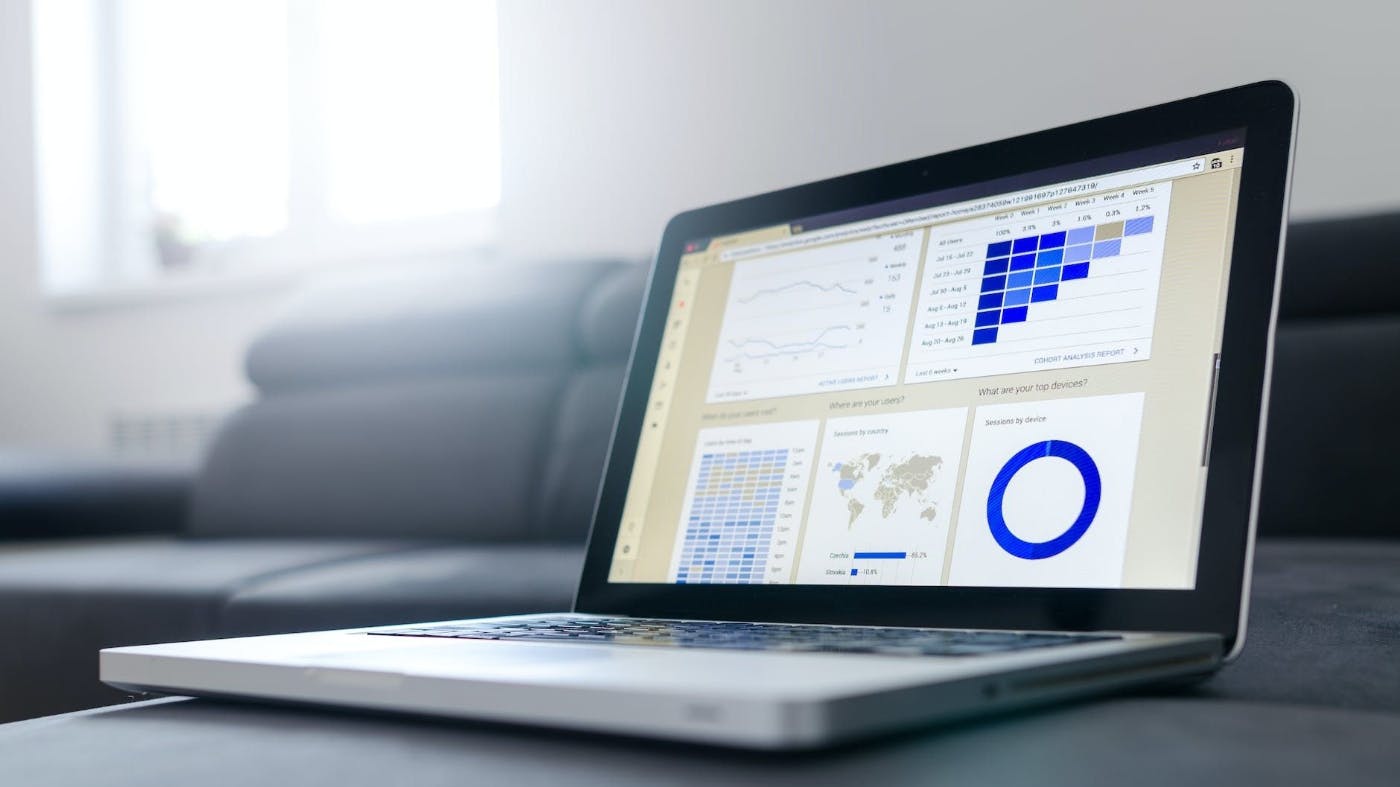Blockchain aims to take transaction transparency to a whole new level with self-executing contracts. As technology progresses, the number of B2B cross-border transactions on the blockchain will reach
Businesses and legal authorities use blockchain analytic tools to cluster and regulate the information on distributed ledgers. The difference between how each tool works lies in data attribution, i.e., the back-end data processing associated with distinct blockchain elements such as addresses, entities, and transactions.
This article will evaluate each blockchain analytic tool with a primary focus on the capabilities and data attribution.
Blockchain Analytic Tools - Why are they Important?
Blockchain analytic tools streamline the process of categorizing the necessary information across the blockchain network. These solutions use AI and clustering algorithms to refine the data and help businesses and regulatory bodies assess risk, detect fraud, and understand transactions. From the cryptocurrency space to dApp development, these tools play a pivotal role.
As businesses adopt blockchain, addressing security and compliance concerns is essential.
The Big Names in Blockchain Analytics
When it comes to analyzing blockchain networks, these are the four key players in the industry:\
-
Chainalysis
-
TRM Labs
-
Blockchain Intelligence Group
-
CipherTrace
All these SaaS platforms offer complete analysis tools such as security, compliance, crypto, and fraud detection. For Know Your Transaction (KYT) solutions, organizations choose the right tools specific to their domain, pricing, and data attribution capabilities.
These tools provide Application Programming Interface (API) access to incorporate the solution, allowing a seamless and swift transaction analysis. When paired with AI, these tools process data at excellent speeds.
The Pros and Cons - A Comparison
Chainalysis
Many elements differentiate Chainalysis from its competitors, starting with how it processes data. Chainalysis uses clustering algorithms to refine information on the blockchain. It has monitored over $10 trillion worth of transactions in 2023, as mentioned on the website.
Pros:
- Extensive documentation with webinars
- Offers both In-Premises and SaaS platform solutions
- Provides 24/7 live support to its clients worldwide
- Integrates into various cryptocurrency platforms such as Kassio, Macrobank, and SCRYPT Digital
- Extensive audience covering businesses, investigators, compliance experts, financial institutions, and cryptocurrency trading firms
Cons:
- No Free/Trial version is available for users.
- For novice analysts, the learning curve might be rather severe
- Charges fee for every additional hour of customer support
TRM Labs
TRM Labs offers Know Your VASP (Virtual Asset Service Provider) as the leading solution. It helps businesses identify the risk profiles with on-chain activity analysis across different blockchains. Better capability to integrate with new blockchains/cover new assets is the differentiating factor of TRM Labs in the industry.
Pros:
- Higher security with cross-chain tracing capability
- Dynamic and configurable risk scoring for transactions
- Integrates directly with Bitcoin and Ethereum networks
- Extensive training and support for customers
- User-centric design is intuitive and easy to navigate
Cons:
- No Free/Trial version is available for users.
- Limited category coverage across blockchain, m\ore niche-specific.
CipherTrace
Acquired by Mastercard in 2021, CipherTrace works on cryptocurrency risk and fraud inspection. AML and travel rule compliance using blockchain autofill solutions differentiate it. With a strong reputation after the acquisition, it is considered the platform for extensive cryptocurrency coverage, including privacy-focused coins.
Pros:
- Offers the most extensive category coverage across blockchain analytic tools
- Provides blockchain search and autofill for quick and easy investigation of cryptocurrency transactions, IDs, and addresses.
- Offers a localized and mobile-friendly interface
- Integrates case management solution to replay blockchain searches into new files
Cons:
- No Free/Trial version is available for users.
- No API access to all services
- Limited integrations to digital asset platforms
Blockchain Intelligence Group
Blockchain intelligence offers different analytic tools that help organizations monitor transactions with end-to-end data processing. Designed by a US government investigator to provide comprehensive insights into risk management with a privacy-first approach.
Pros:
- Law enforcement trusted platform with legal cases won using blockchain evidence
- Supports Multi-currency assessment and addresses risk assessment
- The only solution to support Syscoin, future-proof payments, tokens, and Asset transfers
- Allows users to customize transaction monitoring to their specific needs with API
- Free customer support with no hour limitation
Cons:
- No Free/Trial version is available for users.
- Built for government and law enforcement agencies, niche-specific.
The Role of Data Attribution
Data attribution is what differentiates each blockchain analytic tool. It is the way each software system processes data available on the blockchain network. Since the distributed ledger system promotes transparency, businesses still need to refine each data point to make intelligent financial decisions.
Chainalysis is among the most versatile industry solutions with its wide range of offerings and industry use cases. TRM Labs and CipherTrace are more powerful tools with comprehensive insights into transaction monitoring and compliance across the blockchain network. Blockchain intelligence group is the first choice for legal authorities to assess risk and fraudulent attempts across digital channels.
Final Thoughts
Blockchain analytic tools provide businesses and law enforcement agencies with a solid foundation to understand information on the distributed ledger. Chainalysis, TRM Labs, Blockchain Analysis Group, and CipherTrace are prominent names specializing in blockchain analytics and KYC crypto compliance solutions.
All these solutions have pros and cons but can process blockchain data at significant speeds. The future of finance is blockchain, and these tools are here to help firms report and document transactions, assess risk, fraud detection and prevention, and understand their customers better.


